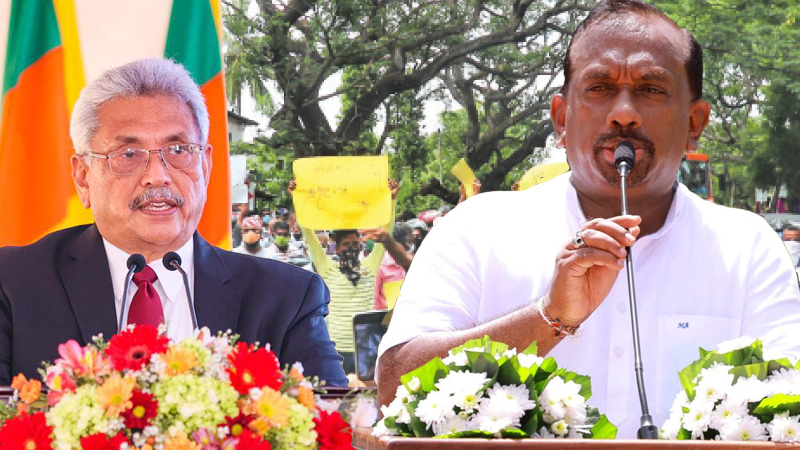- Although the government’s decision will come into effect from today, the revocation will not bring any immediate relief to farmers and the agriculture sector. According to an agriculture sector academic it will be at least three months before the fertiliser arrives in the country
- The minister of Agriculture emphasized, there will be no change to the government’s pursuit of its green agriculture policy. The government’s fertiliser subsidy, provision of seeds and technology, a guaranteed price for paddy and access to markets will be available only for this.
The government said today that it will lift the ban on the use of synthetic fertiliser, weedicides and pesticides and will allow the private sector to import them.
A gazette notice which the government issued earlier this year banning the import of these products will be revoked and a new one will be issued to reflect it’s latest decision.
‘Synthetic fertiliser will be available for purchase in the open market now’, said Agriculture Minister Mahindananda Aluthgamage who broke the news at a media briefing earlier today.
The minister emphasized there will be no change to the government’s pursuit of its green agriculture policy. The government’s fertiliser subsidy, provision of seeds and technology, a guaranteed price for paddy and access to markets will be available only for this.
Although the government’s decision will come into effect from today, the revocation will not bring any immediate relief to farmers and the agriculture sector. According to an agriculture sector academic it will be at least three months before the fertiliser arrives in the country. Sri Lanka received her last shipment of synthetic fertiliser from Indonesia on the 27th of March this year.
The decision will also not alleviate cash strapped Sri Lanka’s economic woes as the cost of importing will be more because of the rupee devaluation and an increase in the price of these products in the world market. One ton of synthetic fertiliser which used to be around $397 is now being sold at nearly $1000, which is more than double the earlier price. Meanwhile China, which is the world’s biggest producer of urea, is cutting down it’s production.
There are six private companies and two government companies that import synthetic fertiliser. The decision to allow only private companies to do the importing leaves unanswered questions about the role and purpose of the two government companies.
‘We are taking this decision to allow imports as a government which is sensitive to the needs of the people’ said Aluthgamage.
But the ban has already caused months of strife between the government and the agriculture sector following the decision by the cabinet of ministers in April this year to convert to organic farming almost overnight and to ban the use of chemicals. It has brought the country face to face with a national food crisis and jeopardized the livelihoods of thousands of paddy farmers, fruit and vegetable growers and those in the tea industry.





